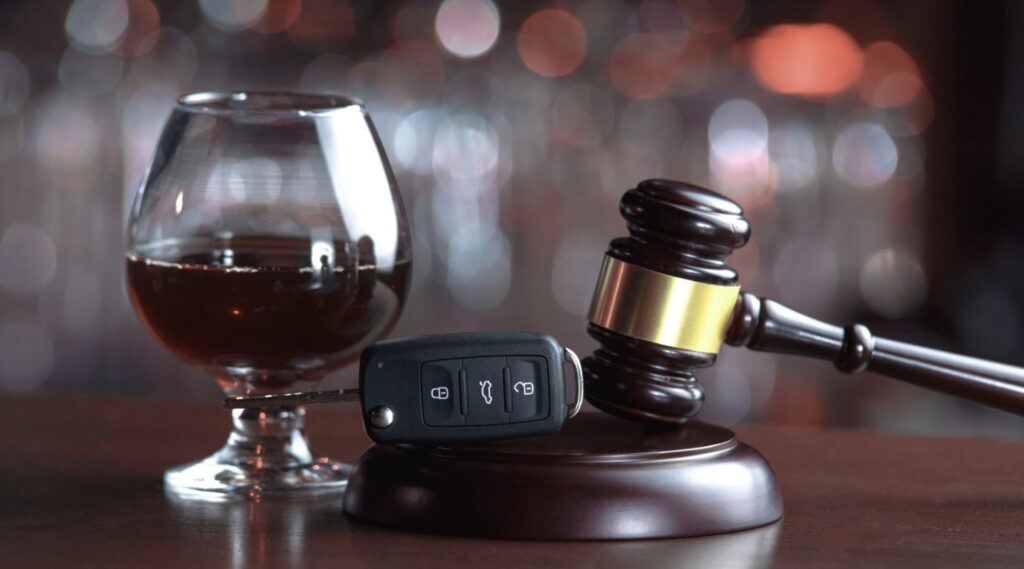It would be a shame to let the year end without noting that 2017 marked 120 years since the first arrest and conviction for driving under the influence (DUI).
120 Years Since First DUI Case
According to the History Channel, the first arrest for DUI happened in London, England, at just before one in the morning of September 10, 1897. As reported in The Morning Post, George Smith had been seen losing control of his cab – something so new back then that the newspaper had to describe it for readers: “A motorcar – a four-wheeled electric cab.”
The Post described the scene: “Suddenly the vehicle swerved from one side of the road to the other, and ran across the footway into 165, New Bond-Street, breaking the water-pipe and the beading of the window.”
Back in 1897, there were no breath or blood tests to determine if a driver was drunk. Smith, however, confessed to it at the police station, admitting that he’d had “two or three glasses of beer.” However, he denied allegations that he was “driving furiously”: While the constable on the case claimed he was going “about eight miles an hour,” Smith argued that he couldn’t have been going more than six – “the fastest these cars can travel is eight,” he said, and he had been “going up an incline” at the time of the crash.
Seemingly, no one was hurt in the accident. Nevertheless, he was fined £1, or a little over $100 dollars in today’s money.
DUI Laws Have Changed in the Past 12 Decades
Since George Smith’s run-in with the law, driving under the influence has changed radically. Cars, obviously, got faster and therefore more dangerous when drivers were under the influence. A wreck at 165 New Bond Street today would cause thousands of dollars in damages in an upscale shopping district. This drove state legislatures to enact drunk driving laws, and later expand the scope of those laws to include drugs, as well. While the History Channel claims the first DUI law in America was enacted in New York in 1910, they’re wrong – New Jersey had a DUI law in effect as soon as 1906.
Enforcement of those laws has changed, as well. While many drivers still admit to drinking and driving – a confession that is often used against them in court to convict them of DUI – police have breath and blood tests to determine their blood alcohol content (BAC) if the driver denies drinking. While these BAC tests are still unreliable, they are at least better than the old ways of detecting alcohol in your system. We’ll go over those tests in our next blog, and show how they were much, much worse.
DUI-Defense Attorneys
If you’ve been arrested and charged for DUI, you need legal representation to prevent that charge from turning into a costly conviction. Reach out to DUI-defense attorney William T. Bly at Maine Criminal Defense Group: Call him at (207) 571-8146 or contact him online.


